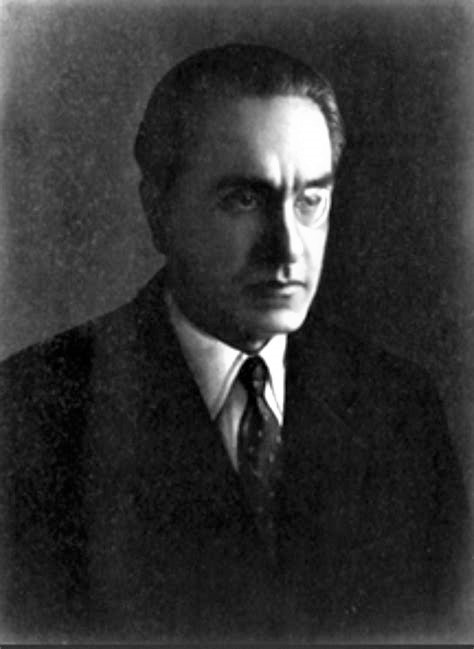Suggested Topics within your search.
Suggested Topics within your search.
metafyzika
3
Exclude matching results
transcendentalism
3
Exclude matching results
transcendentálna filozofia
3
Exclude matching results
ezoterizmus
2
Exclude matching results
filozofia
2
Exclude matching results
joga
2
Exclude matching results
metaphysics
2
Exclude matching results
modern society
2
Exclude matching results
moderná spoločnosť
2
Exclude matching results
personality development
2
Exclude matching results
philosophy
2
Exclude matching results
rozvoj osobnosti
2
Exclude matching results
tantra
2
Exclude matching results
western civilization
2
Exclude matching results
západná civilizácia
2
Exclude matching results
Buddhist doctrine
1
Exclude matching results
Shaktism
1
Exclude matching results
Yoga
1
Exclude matching results
Zen Buddhism
1
Exclude matching results
death
1
Exclude matching results
dejiny budhizmu
1
Exclude matching results
dejiny sexu
1
Exclude matching results
duchovné aspekty
1
Exclude matching results
erotica
1
Exclude matching results
erotika
1
Exclude matching results
esoterism
1
Exclude matching results
history of Buddhism
1
Exclude matching results
history of sex
1
Exclude matching results
mysticism
1
Exclude matching results
mysticizmus
1
Exclude matching results
Julius Evola
 Giulio Cesare Andrea "Julius" Evola (; 19 May 1898 – 11 June 1974) was an Italian far-right philosopher, esotericist and writer. Evola regarded his values as traditionalist, aristocratic, martial and imperialist. An eccentric thinker in Fascist Italy, he also had ties to Nazi Germany. In the post-war era, he was an ideological mentor of the Italian neo-fascist and militant right.
Giulio Cesare Andrea "Julius" Evola (; 19 May 1898 – 11 June 1974) was an Italian far-right philosopher, esotericist and writer. Evola regarded his values as traditionalist, aristocratic, martial and imperialist. An eccentric thinker in Fascist Italy, he also had ties to Nazi Germany. In the post-war era, he was an ideological mentor of the Italian neo-fascist and militant right.Evola was born in Rome and served as an artillery officer in the First World War. He became an artist within the Dada movement, but gave up painting in his twenties; he said he considered suicide until he had a revelation while reading a Buddhist text. In the 1920s he delved into the occult; he wrote on Western esotericism and Eastern mysticism, developing his doctrine of "magical idealism". His writings blend various ideas of German idealism, Eastern doctrines, traditionalism and the Conservative Revolution of the interwar period. Evola believed that mankind is living in the ''Kali Yuga'', a Dark Age of unleashed materialistic appetites. To counter this and call in a primordial rebirth, Evola presented a "world of Tradition". Tradition for Evola was not Christian—he did not believe in God—but rather an eternal supernatural knowledge with values of authority, hierarchy, order, discipline and obedience.
Evola advocated for the Italian racial laws, and became the leading Italian "racial philosopher". Autobiographical remarks allude to his having worked for the ''Sicherheitsdienst'' (SD), which was the intelligence agency of the ''Schutzstaffel'' (SS) and the Nazi Party. He fled to Nazi Germany in 1943 when the Italian Fascist regime fell, but returned to Rome under the Italian Social Republic, a German puppet state, to organise a radical-right group. In 1945 in Vienna a Soviet shell fragment permanently paralysed him from the waist down. On trial for glorifying fascism in 1951, Evola denied being a fascist, instead declaring himself "" (). The historian Elisabetta Cassina Wolff wrote that "It is unclear whether this meant that Evola was placing himself above or beyond Fascism". Evola was acquitted.
Evola has been called the "chief ideologue" of the Italian radical right after the Second World War, and his philosophy has been characterised as one of the most consistently "antiegalitarian, antiliberal, antidemocratic, and antipopular systems in the twentieth century". His writings contain misogyny, racism, antisemitism and attacks on Christianity and the Catholic Church. He continues to influence contemporary traditionalist and neo-fascist movements. Provided by Wikipedia
-
1
-
2
-
3
-
4
-
5
-
6
-
7
-
8